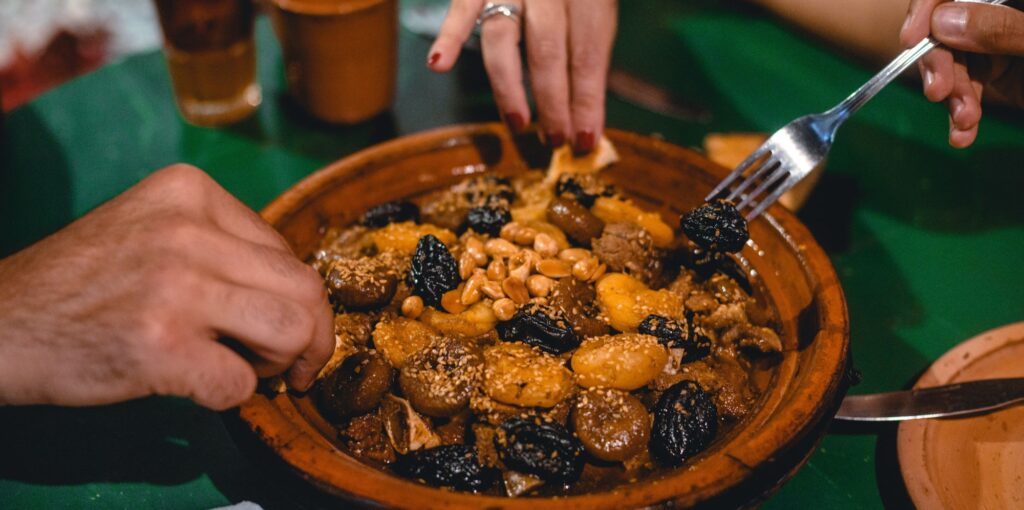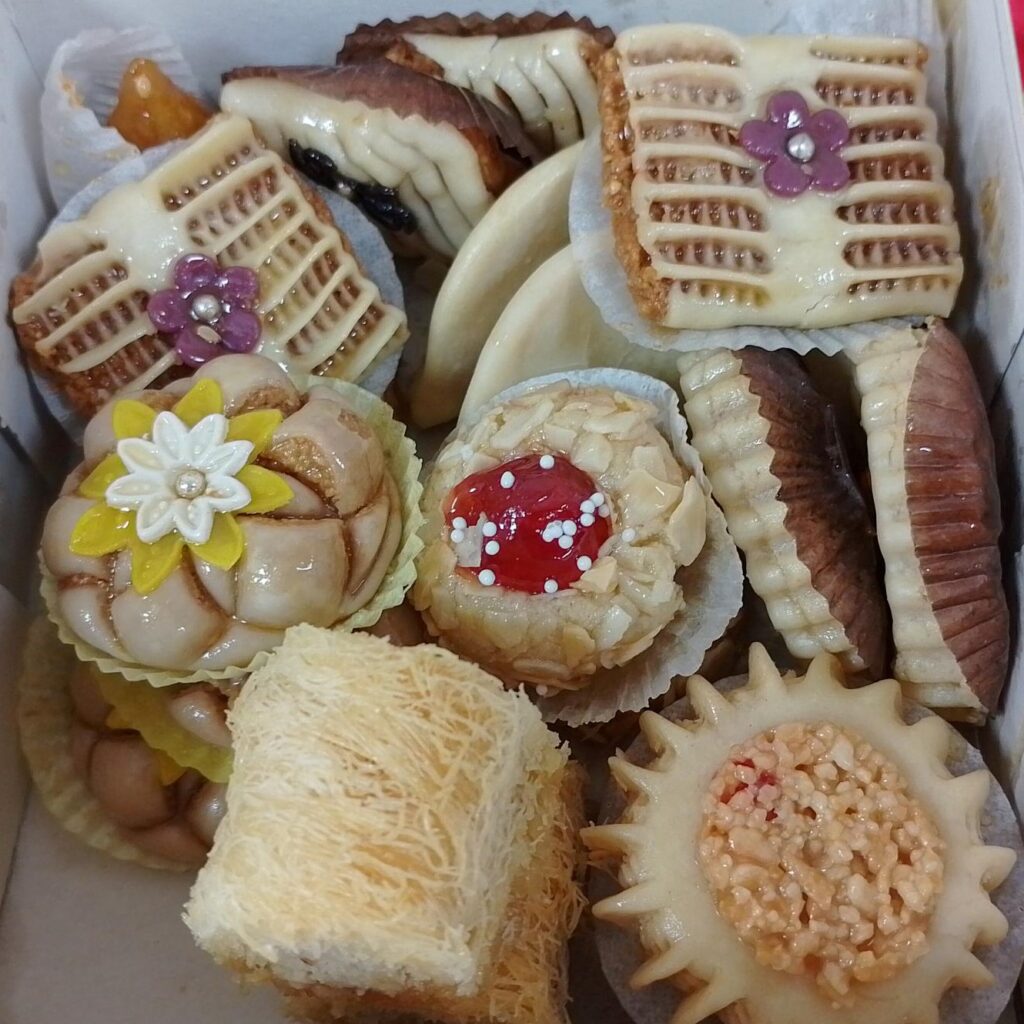Every day they continued to meet together in the temple courts. They broke bread in their homes and ate together with glad and sincere hearts, praising God and enjoying the favour of all the people. And the Lord added to their number daily those who were being saved. Acts 2:46-47 (NIVUK)
The Bible was written in a culture far more relational than our own, so spending time in the Arab world will also give you greater insight into cultural factors that are present throughout Scripture. Through taking part in this trip, I found that certain Bible stories seemed to come alive for me or gained a new dimension that I hadn’t previously understood.
This trip was a profound experience for me, and I would strongly recommend it to you. You will gain greater awareness of what life and ministry looks like in the Arab world, you will gain insights that can be applied in your own context, you will learn more about yourself and you will even gain greater insight into cultural factors that are present throughout the Bible.








